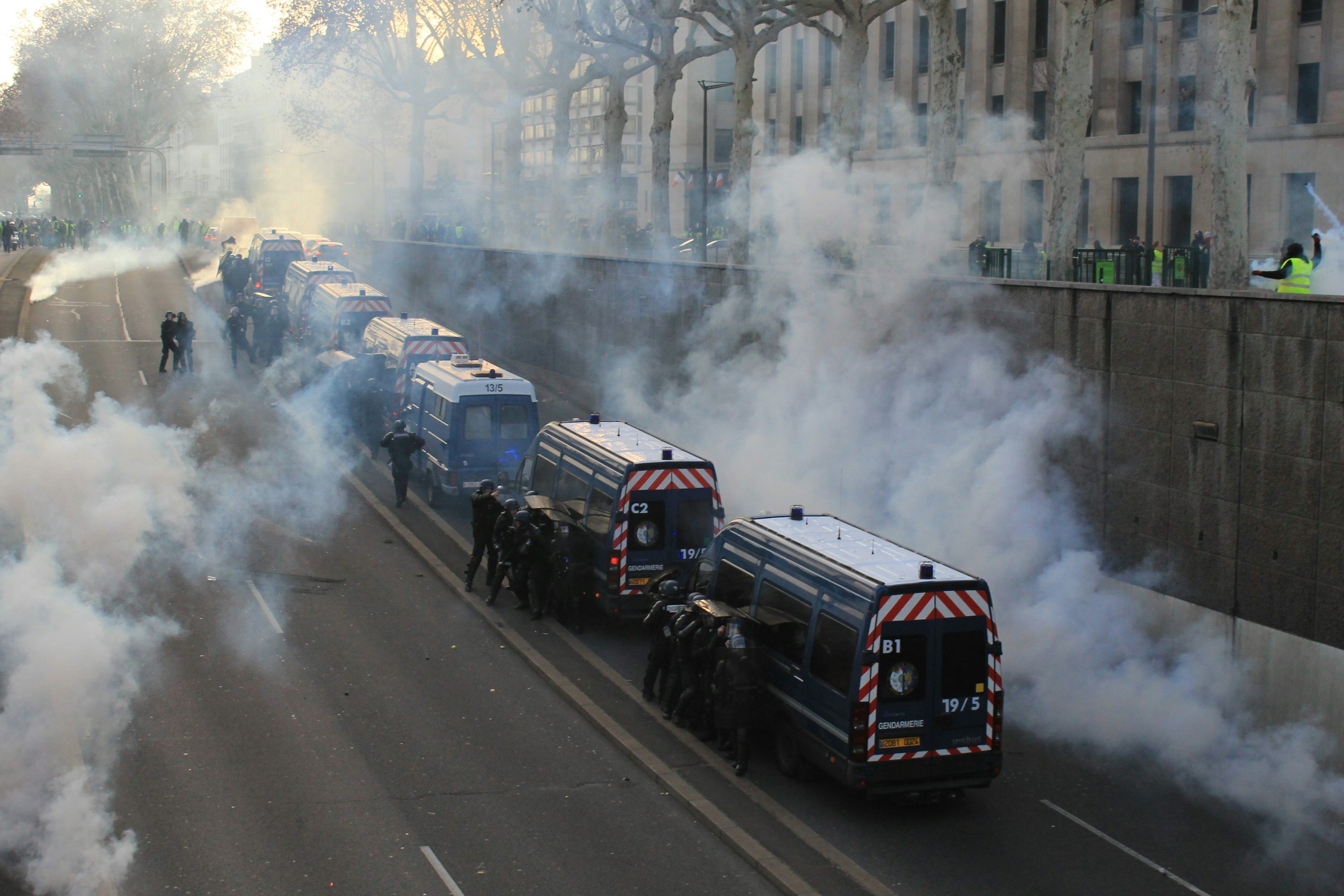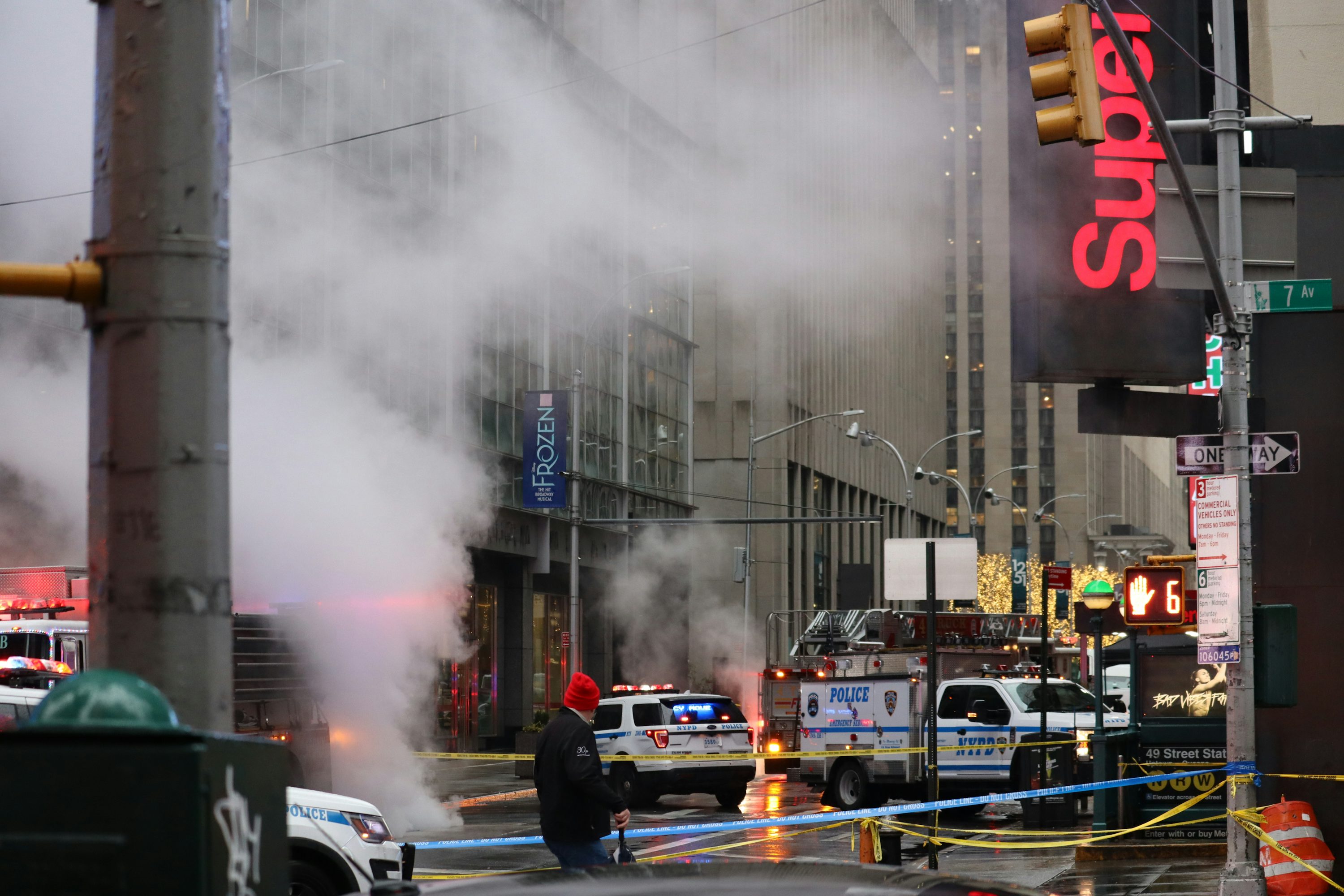In today's world, terrorist attacks hang over the prosperity and peace of all countries like ghosts, which not only pose a great threat to people's life safety, but also deal a heavy blow to social economy. The property of an enterprise may vanish in an instant, commercial activities are forced to be interrupted, and the livelihood of countless people is in trouble. Terrorist attack insurance, a special type of insurance, has become an important economic guarantee for people in the face of terrorist threats.

On September 11th, 2001, the United States suffered the most painful terrorist attack in history. The Twin Towers of the World Trade Center and the Pentagon were hit, causing huge casualties and property losses. It is estimated that the attack brought about $47 billion in losses to the insurance industry, making it one of the most expensive terrorist incidents in American history and one of the largest single insurance claims in the world. After the incident, insurance companies faced enormous compensation pressure, and the premium of terrorist attack insurance rose sharply, and many insurance companies even stopped providing such insurance services. In order to stabilize the insurance market, the US Congress passed the Terrorist Attack Risk Insurance Act (TRIA) in 2002, which was renewed four times in 2005, 2007, 2015 and 2019, and the current renewal period is until December 31, 2027. TRIA requires insurance companies to provide insurance against terrorist attacks to commercial policyholders, and the federal government will share part of the losses with insurance companies after a certified terrorist attack. Specifically, after the insurance company pays a certain amount, the government will compensate the excess according to a certain proportion. This mechanism makes the insurance company more capable of bearing the huge risks brought by terrorist attacks, and also provides a guarantee for the economic security of enterprises. For example, when a terrorist attack causes heavy losses, enterprises can get corresponding compensation according to the purchased terrorist attack insurance, which can be used to repair damaged factories and equipment, pay employees' salaries and maintain the basic operation of enterprises, so as to avoid bankruptcy due to disasters.

The Boston Marathon bombing in 2013 was a shocking terrorist attack, which killed three people and injured more than 260 people. However, because the total insurance loss of the incident did not reach the threshold of $5 million, it was not certified as a terrorist attack, and the insurance company did not need to pay compensation according to TRIA. This case makes us clearly see the limitations of terrorist attack insurance in actual operation. There are strict provisions in the insurance clauses on the identification standard and loss amount of terrorist attacks, and only events that meet certain conditions will trigger the insurance compensation mechanism. This also reminds enterprises that when purchasing terrorist attack insurance, they need to carefully understand the insurance clauses to ensure that the risks they face can be effectively protected.
With the change of terrorist attack situation and the development of insurance market, some insurance companies began to introduce independent terrorist attack insurance policies to meet the needs of different customers. These independent policies usually have more flexible terms and wider coverage, but they also need enterprises to evaluate and choose according to their own conditions. At the same time, the cooperation between the government and the insurance industry is constantly strengthened, and more effective risk sharing mechanism and insurance product innovation are jointly explored to improve the society's ability to cope with the risk of terrorist attacks.

Terrorist attack insurance is like a double-edged sword. While providing economic security for enterprises, it also faces many challenges and restrictions. When facing the threat of terrorism, enterprises need to comprehensively consider their own risk status, economic strength and insurance costs and make wise choices. For the whole society, improving the insurance system for terrorist attacks, strengthening the cooperation between the government and the market, and improving the coverage and security level of insurance are of vital significance for us to jointly cope with the risks brought by terrorist attacks and maintain the stability and sustainable development of social economy.




